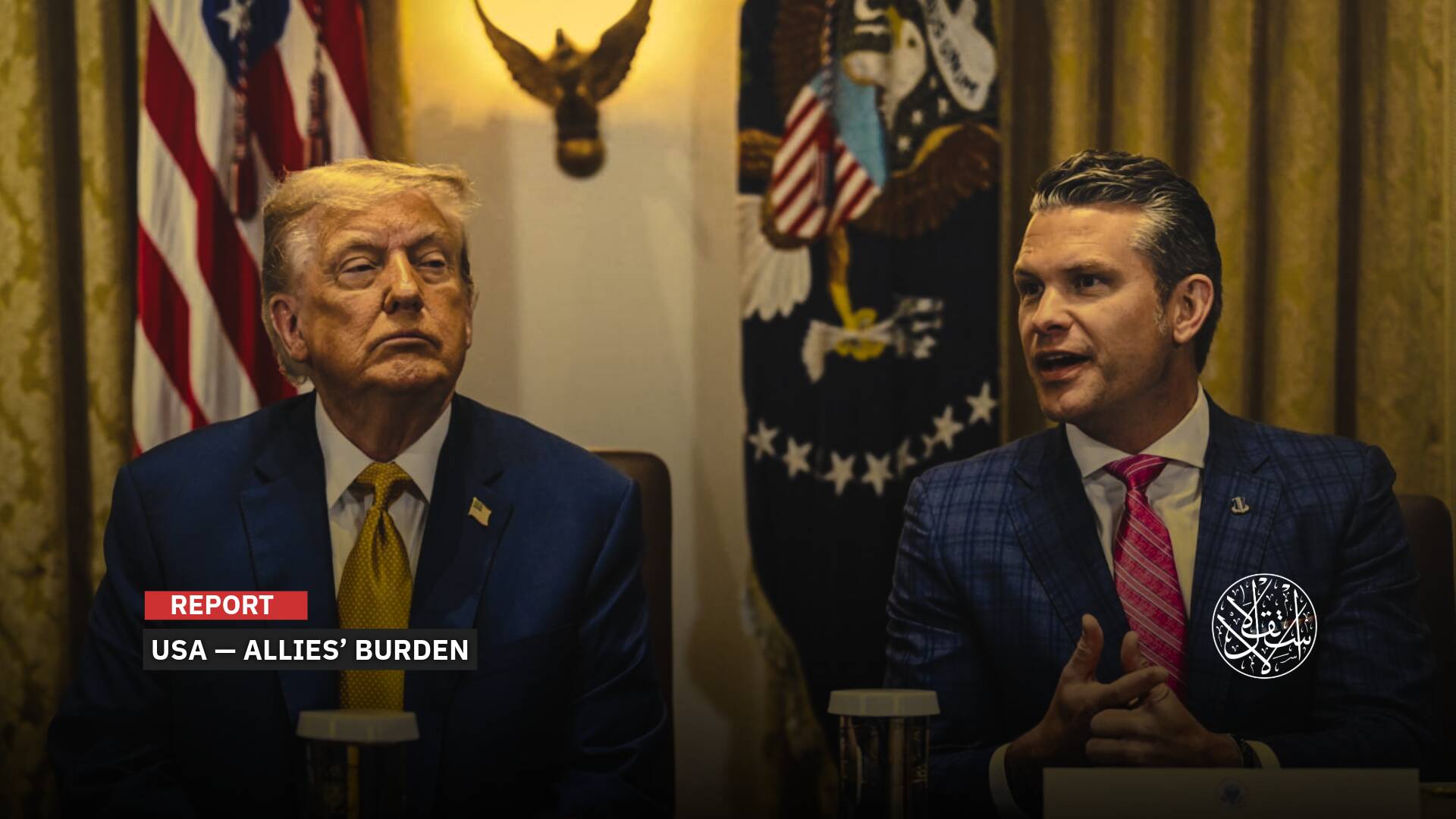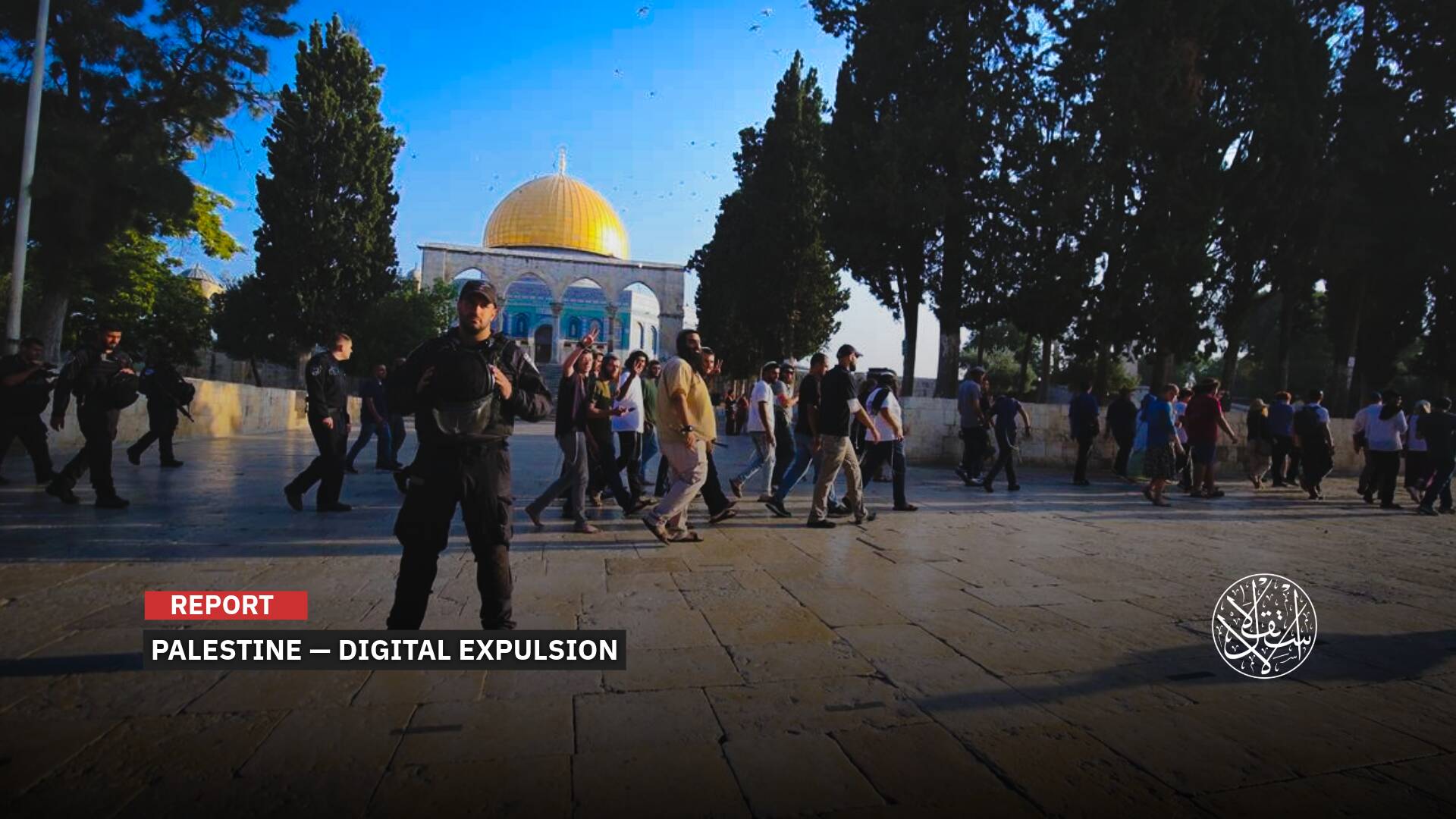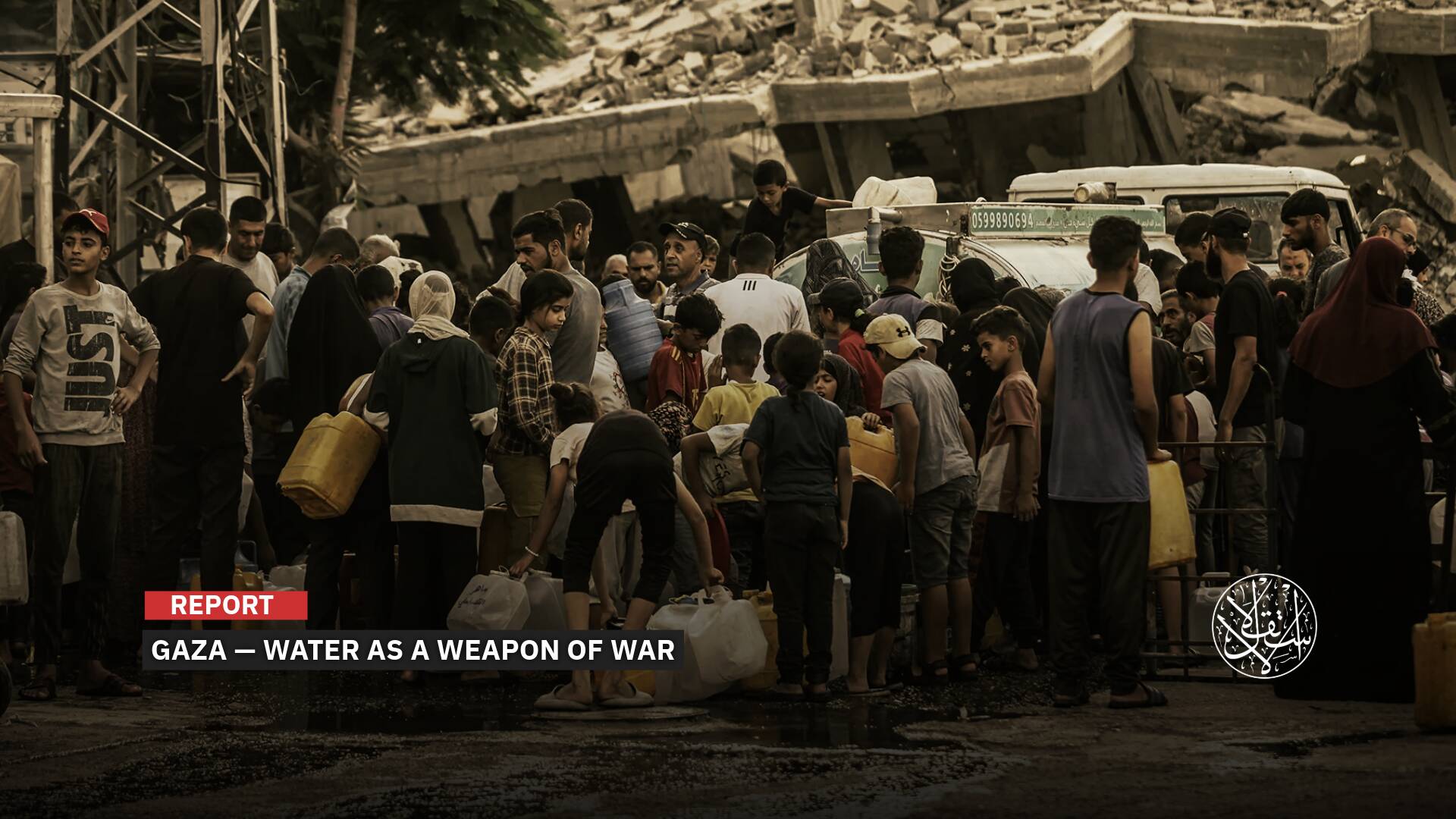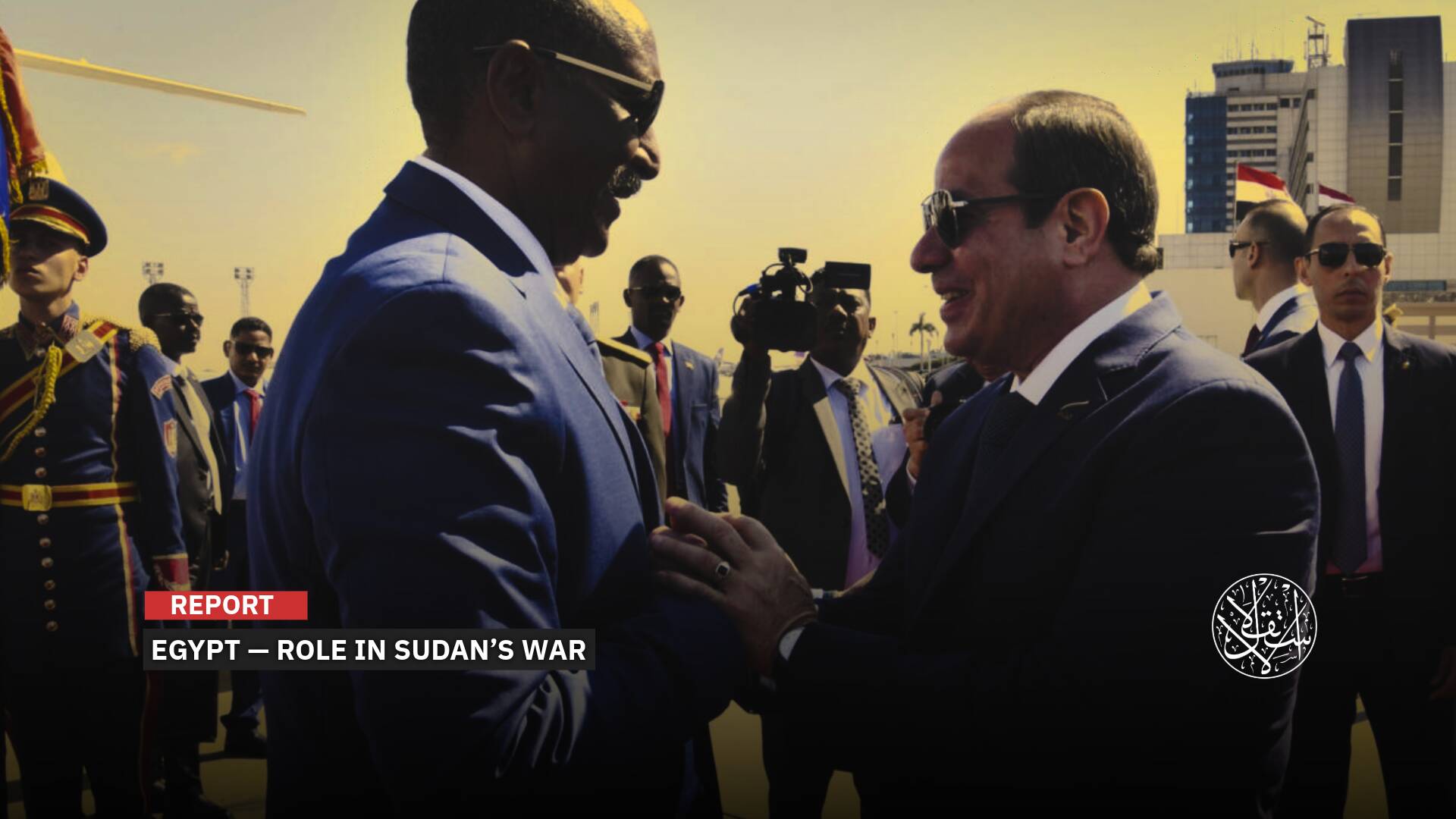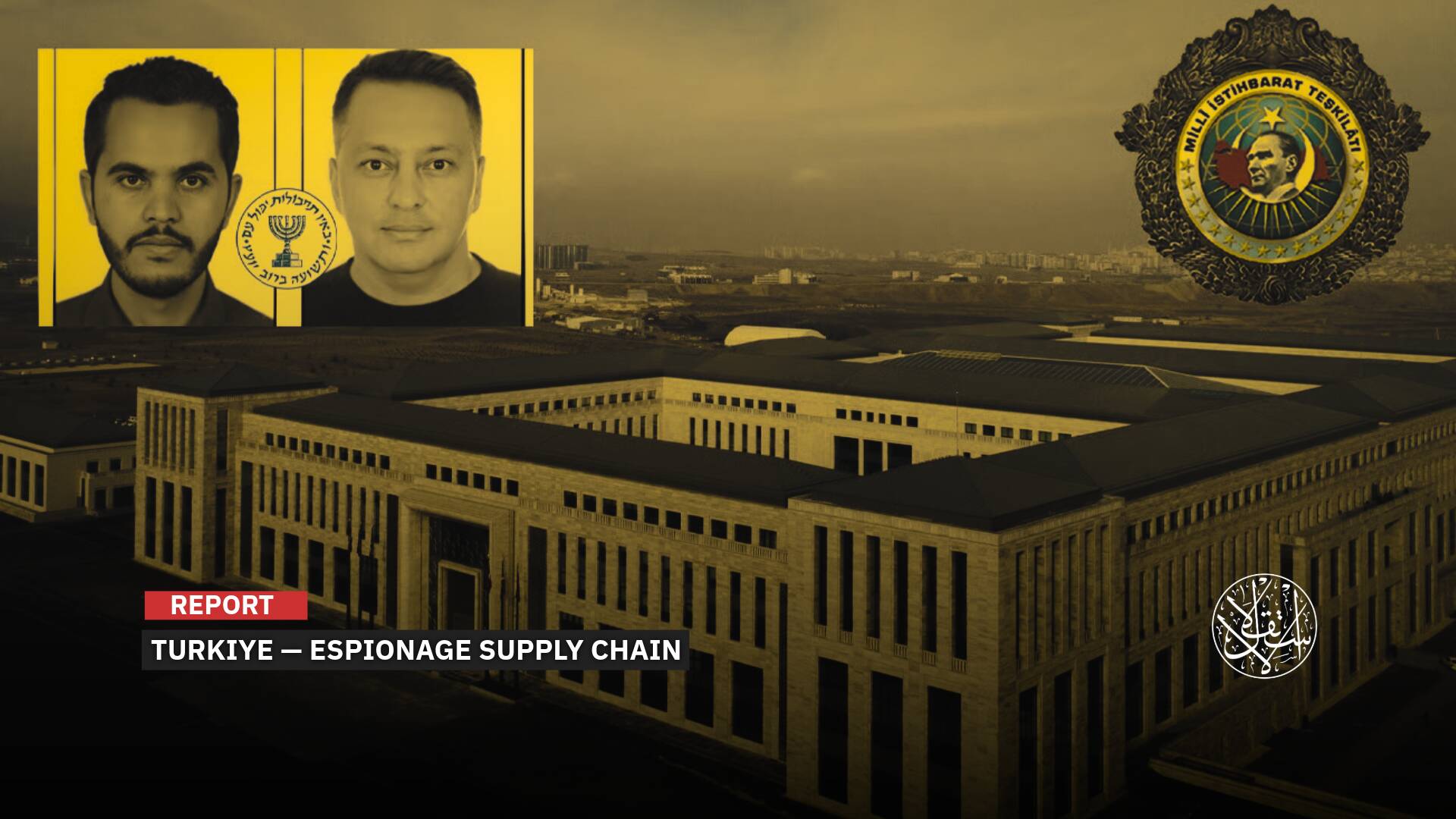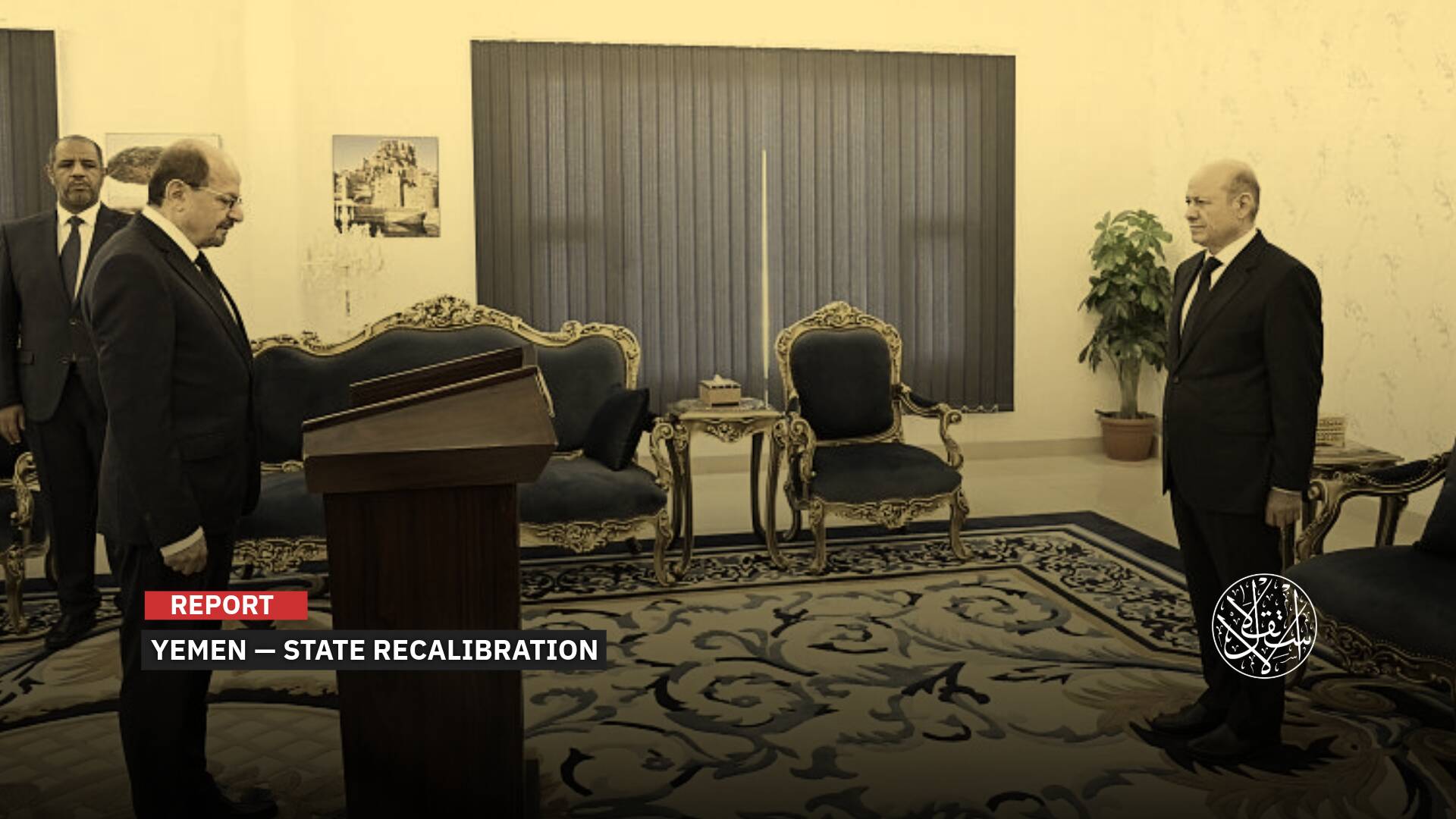Iraq Sits Out the Iran-'Israel' Conflict: Strategic Distance or Powerlessness?

“Iraq should know its turn will come after Iran.”
Amid the ongoing war between Iran and “Israel” since June 13, 2025, Iraq once again finds itself caught in a complex struggle, torn between Iranian-backed militias on its soil and American bases and interests.
Following the October 7, 2023 events and the ensuing Israeli military escalation in Lebanon, Syria, and Yemen, the Iraqi government successfully intercepted missiles launched by Iran-backed groups inside its borders, sticking to a policy of neutrality to avoid becoming a target itself.
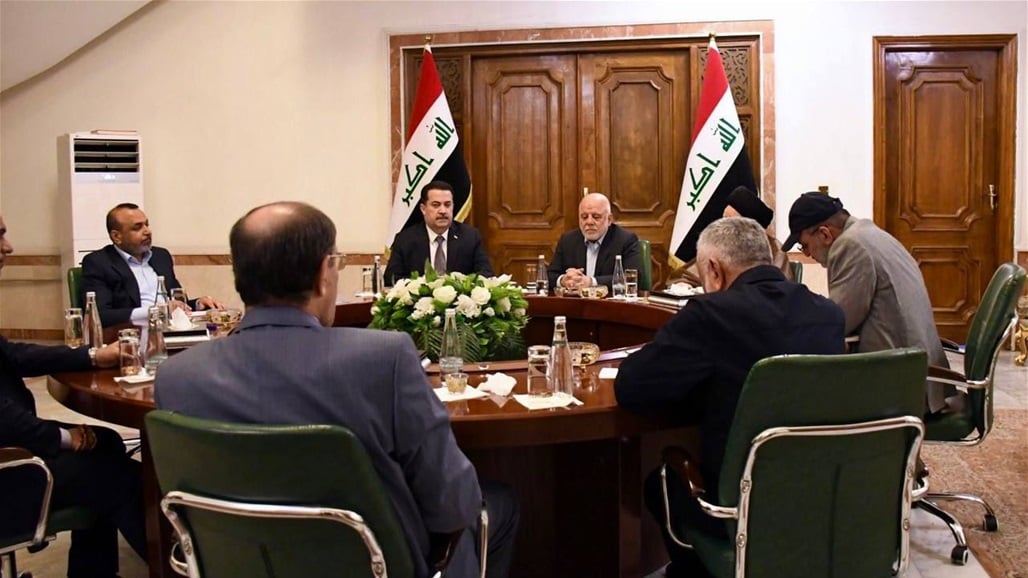
Cautious Responses
Despite Iran’s strong influence through its proxies in Iraq, the latter’s reaction has been surprisingly restrained, going beyond supporting allied militias to striking Tehran itself, the main backer of these groups in Baghdad.
Most responses from these factions were limited to statements and calls for protests in solidarity with the Iranian regime, except for one military attempt targeting the Ain al-Asad base in western Iraq, with no group claiming responsibility.
The Shiite Coordination Framework, Iraq’s ruling bloc, called for demonstrations condemning Israeli aggression and supporting Iran’s resilience, while rejecting violations of Iraqi airspace. This came in a statement issued after a June 15, 2025 meeting attended by Prime Minister Mohammed Shia’ al-Sudani.
The meeting condemned “the ongoing aggressive behavior of the Zionist entity [‘Israel’] and attacks on Iran that led to the martyrdom of several leaders and scientists,” urging “the international community, especially regional countries, to stand against this Israeli Occupation’s arrogance and force it to stop its aggression.”
Iraqi Hezbollah Brigades warned on June 15 that they would target U.S. interests and bases in the region “if the United States intervenes in the Iran-Israel war.”
“The Islamic Republic does not need military support from anyone to deter the criminal Zionist entity [‘Israel’], as it possesses the men and capabilities to humiliate Netanyahu and curb this usurping Israel’s tyranny.”
The group said it was closely monitoring the movements of the “American enemy army in the region” and vowed that any U.S. intervention would be met with direct attacks on American interests and bases without hesitation.
The statement called on the Iraqi government, the Coordination Framework, and loyal leaders to take responsibility and a bold stance to prevent the war from escalating, urging the closure of the “evil Washington embassy” and expulsion of U.S. occupation forces.
Meanwhile, the Harakat al-Nujaba group escalated its rhetoric. Its leader, Akram al-Kaabi, said in a June 13 statement that “the Israeli zionist aggression against the Islamic Republic will not go unpunished, and the complete removal of the American occupation from Iraq is a national and religious duty.”
The air defenses at the Ain al-Asad base intercepted three armed drones launched toward the base following the Israeli strikes on Iran, a U.S. military official and a second U.S. official told the Associated Press on June 15.
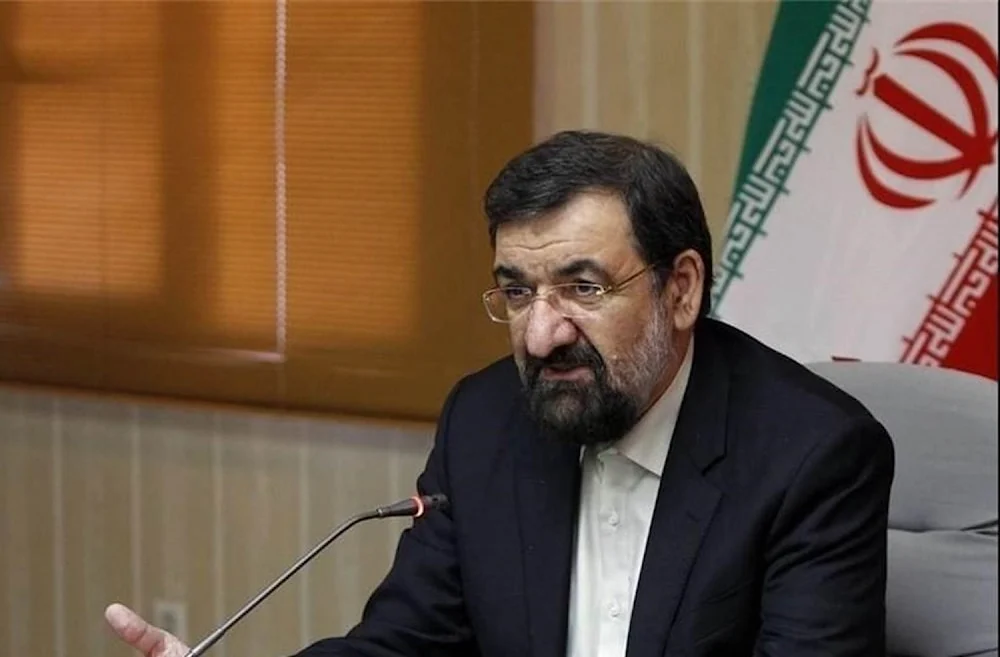
Iranian Pressure
Amid these developments, former Revolutionary Guard Commander and Expediency Council member Mohsen Rezaei warned in a June 15 TV interview that “Iraq should know its turn will come after Iran.”
Observers interpreted this as a call for Iraq to join the war alongside Iran.
The next day, Iranian Foreign Minister Abbas Araghchi held a phone call with his Iraqi counterpart Fuad Hussein, discussing regional developments in light of the recent military escalation. This marked their second conversation since the “Israel”-Iran conflict began on June 13.
According to an Iraqi Foreign Ministry statement, Araghchi stressed that Iran is closely monitoring military developments and warned that “Israel seeks to expand the war to include the Gulf region.”
He affirmed Iran’s clear stance against widening the conflict, either geographically or involving other countries, emphasizing that ongoing operations are “defensive responses” to Israeli attacks, not aimed at escalating the confrontation.
Fuad Hussein, for his part, highlighted Iraq’s continued diplomatic efforts to prevent further escalation and secure a ceasefire, stressing the importance of maintaining a policy that rejects any expansion of the war in terms of geography or parties involved.
On June 15, Iraqi Prime Minister Mohammed Shia’ al-Sudani underscored the need for coordinated positions and united efforts to strengthen regional security and stability, according to a statement following a phone call with Turkish President Recep Tayyip Erdogan.
Al-Sudani firmly condemned violations of Iraq’s sovereignty and airspace, calling them blatant breaches of international law. He expressed Baghdad’s support for the upcoming meeting of Islamic foreign ministers in Istanbul to discuss the recent developments.
President Erdogan, in turn, reaffirmed Turkiye’s support for Iraq’s sovereignty and its efforts to prevent Baghdad from becoming a battleground in the conflict.
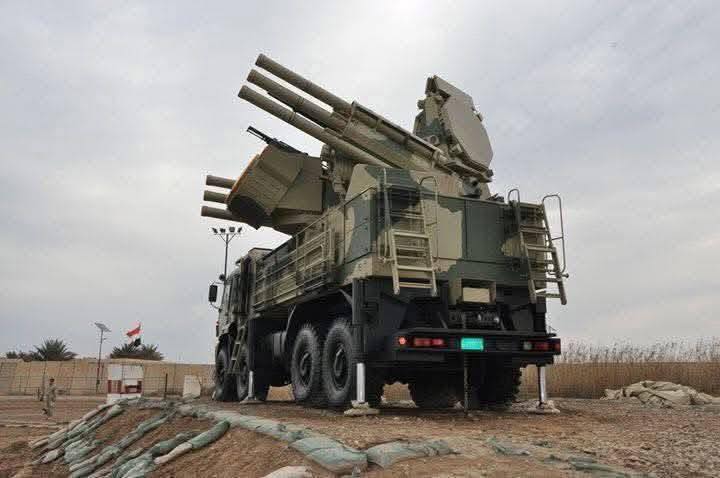
‘Complete Helplessness’
On whether Iraq will continue its policy of “neutrality” amid the ongoing war between Tel Aviv and Tehran, a senior Iraqi political source told Al-Estiklal that “the June 15 meeting of the Coordination Framework failed to produce anything stronger than a call for protests condemning Israel’s attack on Iran.”
The source, who requested anonymity, said Prime Minister al-Sudani told Coordination Framework leaders that Iraq “has no power to act in the current crisis and cannot be dragged into the regional war.”
“Many Coordination Framework leaders, especially militia chiefs, have evacuated their headquarters, fearing possible attacks if the Iran-Israel war escalates—especially since Israel has successfully assassinated key Iranian commanders on their own soil,” the source added.
“Maintaining neutrality is in Iraq’s best interest given its complete inability to defend itself, whether due to lack of control over its airspace or its fragile economy and security situation. Any strike would risk a severe deterioration across all sectors.”
Echoing this, Iraqi researcher Sajad Jiyad told al-Aalem on June 16 that Iraq has managed over the past three years to keep itself out of proxy conflicts and avoid becoming a battleground between Tehran and Washington.
However, Jiyad warned that this fragile balance is at risk: “Success in U.S.-Iran negotiations offers a window of stability, but failure could plunge Iraq into a crippling security, economic, and political crisis.”
He saw a “historic opportunity to reset relations with Iran,” especially as Tehran increasingly relies on its official ministries and diplomatic channels, with the Revolutionary Guard’s influence in Iraq waning.
At the same time, Jiyad emphasized that “this requires political courage from Baghdad and a real will to build balanced partnerships with regional players.”
In urgent precautions, Iraqi Defense Minister Thabit al-Abbasi announced on June 15 the deployment of Russian-made Pantsir air defense batteries in key locations to safeguard Iraq’s sovereignty.
Air Defense Commander Brigadier General Muhannad Ghalib al-Asadi told the Iraqi News Agency (INA) the same day that the armed forces and air defense systems are carrying out their natural role to protect Iraq’s skies and vital targets.
He explained that the movement of air defense systems happens periodically as part of routine measures to protect all vital Iraqi sites.
Al-Asadi concluded that Iraq’s armed forces and air defense are fully engaged in protecting the country’s airspace and critical assets, ready for any emergency.


